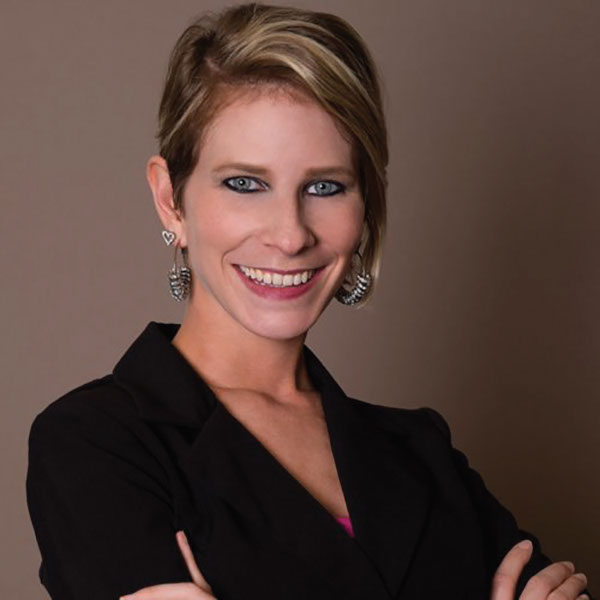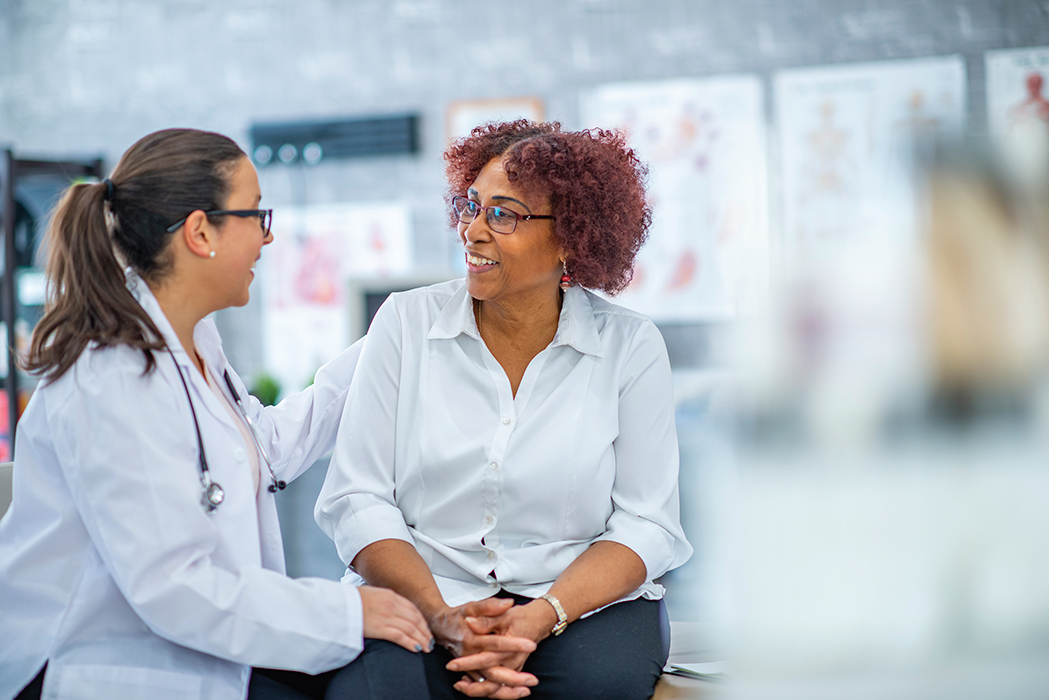Because they often face nutrition challenges—such as nausea, taste alterations, difficulty swallowing, and altered gastrointestinal function—that develop during their journey and hinder their nutrition stability, patients with cancer have increased nutrient needs. Oncology dietitians are experts at guiding patients and caregivers through the nutritional process and developing solutions.

As a registered dietitian nutritionist (RDN) at Houston Methodist Cancer Center, I’m involved in several projects that improve patient quality of life while focusing on nutrition. Every day is different because RDNs tailor care to the individual patient, but my clinical duties include assessing patients for malnutrition, developing nutrition care plans, helping with home enteral or parenteral nutrition education and initiation, calling physicians to adjust medications or inform them of a severe change to a patient’s status, and contacting our social worker when a patient has increased psychosocial needs.
I often introduce myself at the first chemotherapy appointment, which is a busy and sometimes nerve-wracking day because patients are meeting the entire interprofessional team. Our meetings last an average of 30–60 minutes while patients are receiving their treatment.
My initial assessment includes screening for malnutrition and a physical assessment for muscle or fat loss. I also ask questions about their appetite, identify any nutrition barriers, briefly review tips for eating while on treatment, and address food safety concerns. I ask what dietary supplements they take so I can make sure they avoid food-drug interactions, all of which is summarized in the Nutrition During Chemotherapy handout I give each patient. I make a point to sit down while talking to the patient and family and leave enough time for questions.
The biggest obstacle that RDNs face is misinformation or fear-driven information. A cancer diagnosis is scary for patients and caregivers. With today’s technology, patients and families like to do their own research, which may lead them down a misinformed nutritional path. Unfortunately, I’ve had patients who stop eating for fear of consuming something that will “feed” their cancer.
The good news is that oncology RDNs provide evidence-based care and know how to concisely dismiss fears by presenting facts. I even have a mantra I share with patients: facts, not fear. I explain the facts step by step and give them science-based information and resources. The Oncology Nutrition Dietetic Practice Group, American Institute of Cancer Research, and American Cancer Society have evidence-based nutrition resources for patients and providers that dietitians often review and manage.
Effective communication and teamwork are crucial to addressing patients’ nutritional needs, and oncology nurses are rock stars. They are knowledgeable and effective at malnutrition screening, which is a key first step to identifying the patients I need to prioritize seeing. My nurse colleagues also understand that the main goal for all patients is nutrition stability, so they assess their patients regularly and know to call me with any status changes. We have great respect for each other and collaborate very well.
I believe that anyone diagnosed with cancer should have access to a dietitian, physical therapist, social worker, financial liaison, and counselor. We all have a vital role in the patient’s journey, and interprofessional collaboration is necessary to optimize care for our patients. I love my job as an RDN because every day I get to guide, educate, and support patients who are struggling with their nutrition. It is an amazing feeling to help them overcome malnutrition.






